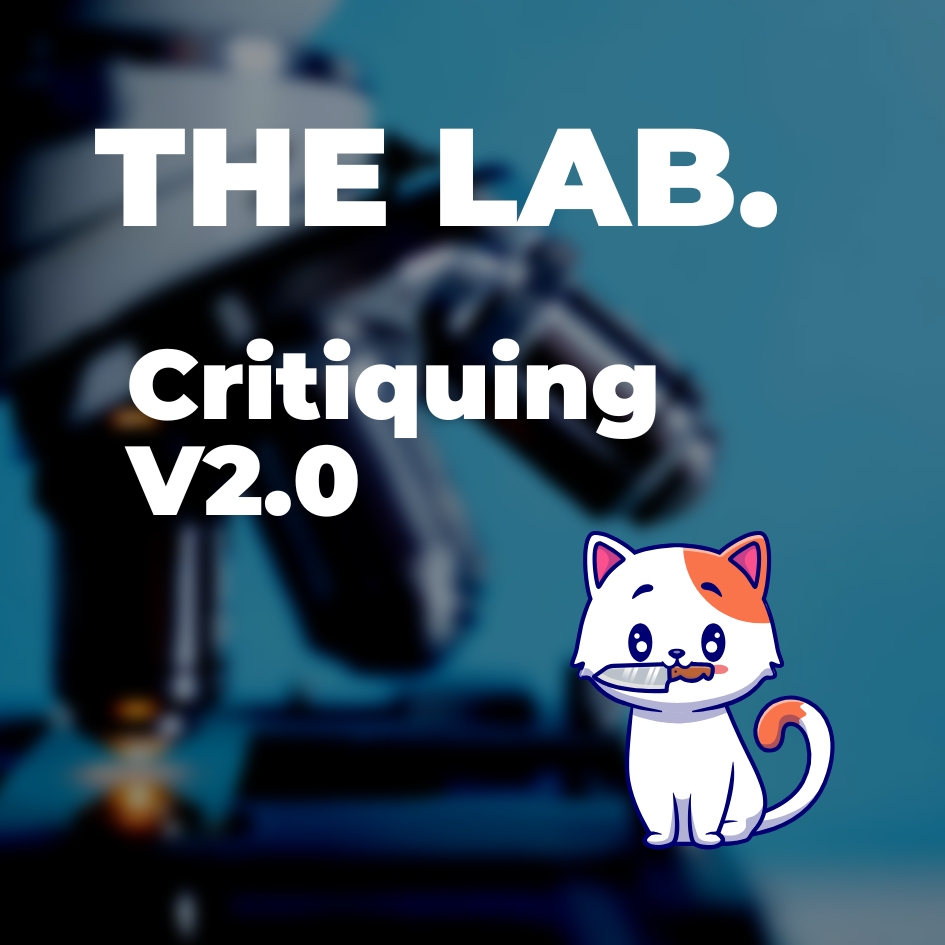I've been thinking about backstory and how best to handle it, and I find my self wondering what you think.
I've also been thinking about the received wisdom of craft in general – learn the "rules" before you break them, show-don't-tell-or-go-to-hell, don't write on a Tuesday when the wind is in the East, that kind of thing.
I'll stop being flippant.
Clearly there is a huge body of craft wisdom that's important to master. There will always be those who do novel things, but most of us (sadly) fail when we try. It's come to my mind to post threads like this one when I find myself musing on a particular aspect of craft and to ask you all what you think, to ask you how you understand the "rule".
So, back to backstory. Received wisdom is to avoid info-dumps, lengthy detours into what happened before, and concentrate on what's happening now. I tend to agree. I tend to subscribe to the Vonnegut school of thought:
Unless you're writing a mystery, I suppose. Gah, there's always an exception, right? Frickin' art, so... so horribly organic.
/irony off
What do you think? What's your take on handling backstory? What do you think of the "rule"?
I've also been thinking about the received wisdom of craft in general – learn the "rules" before you break them, show-don't-tell-or-go-to-hell, don't write on a Tuesday when the wind is in the East, that kind of thing.
I'll stop being flippant.
Clearly there is a huge body of craft wisdom that's important to master. There will always be those who do novel things, but most of us (sadly) fail when we try. It's come to my mind to post threads like this one when I find myself musing on a particular aspect of craft and to ask you all what you think, to ask you how you understand the "rule".
So, back to backstory. Received wisdom is to avoid info-dumps, lengthy detours into what happened before, and concentrate on what's happening now. I tend to agree. I tend to subscribe to the Vonnegut school of thought:
Kurt Vonnegut's point 8 of Creative Writing 101 –
Give your readers as much information as possible as soon as possible. To heck with suspense. Readers should have such complete understanding of what is going on, where and why, that they could finish the story themselves, should cockroaches eat the last few pages. [*]
Unless you're writing a mystery, I suppose. Gah, there's always an exception, right? Frickin' art, so... so horribly organic.
/irony off
What do you think? What's your take on handling backstory? What do you think of the "rule"?



